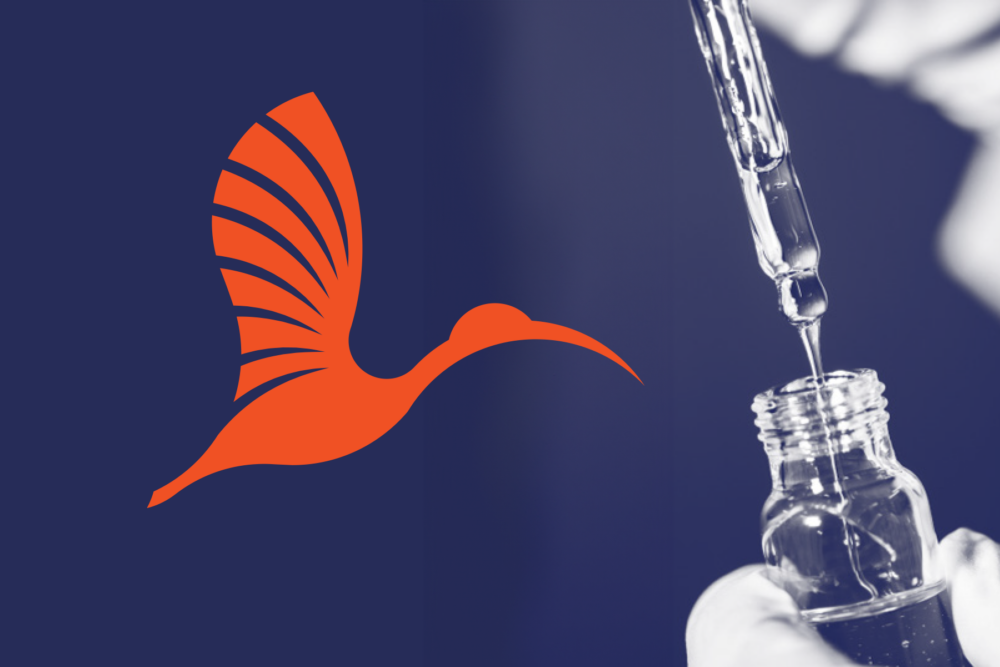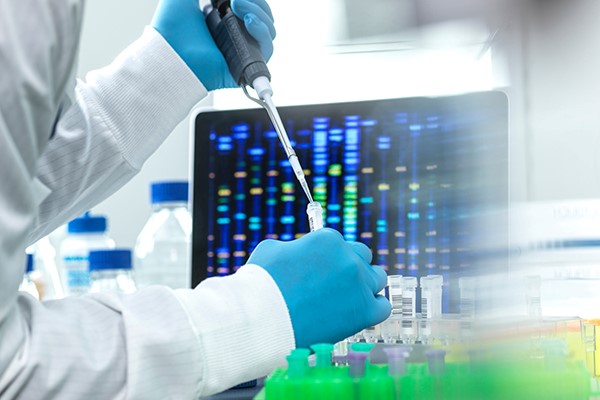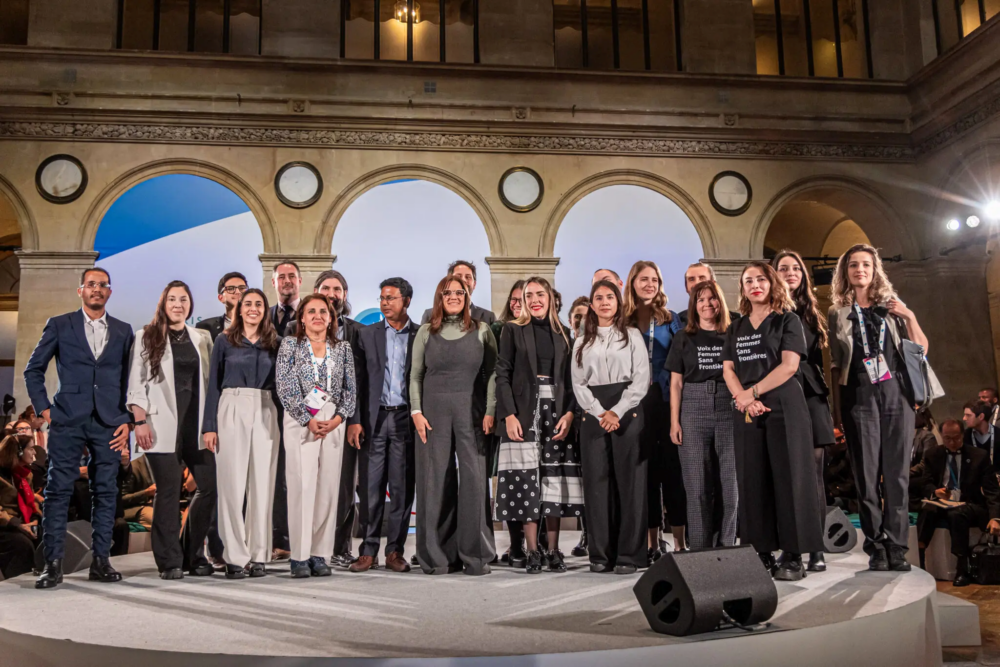
New International Biosecurity Organization Launched to Safeguard Bioscience
IBBIS, an independent organization to be headquartered in Geneva, provides tools that will allow technological innovation to flourish, safely and responsibly.
In an editorial for Science Magazine, IBBIS Executive Director Piers Millett, argues for greater safeguards to protect the dangerous pathogens kept in labs around the world. As the work increases to help prepare the world against future pandemics, the risks of such a pathogen escaping from a research facility also rises.
The editorial cites a Global Biolabs initiative report that tracks the growth of maximum containment labs. In 2000, there were 13 of these labs, this has boomed to 69 labs in 27 countries in 2023. Yet, such a boom in labs has not been accompanied by strengthened safety and security.
Millett writes, “At the national level, every country with a maximum containment lab must have relevant rules and regulations in place… Every country with such a lab needs a plan to prevent accidents and deliberate harm.” Yet very few countries have dedicated biosecurity strategies.
The editorial reflects the importance of IBBIS’s work safeguarding bioscience and biotechnology from emerging risks, “de-risking” tool development and implementation, and helping to bring together policy, academic, and public sectors.
Sign up for our newsletter to get the latest on nuclear and biological threats.
IBBIS, an independent organization to be headquartered in Geneva, provides tools that will allow technological innovation to flourish, safely and responsibly.
IBBIS was selected as one of 10 initiatives to receive support from the Paris Peace Forum community to accelerate its efforts to strengthen biosecurity norms and reduce risks associated with advances in technology.
NTI | bio experts contributed to the 9th Biological Weapons Convention Review Conference in Geneva.


